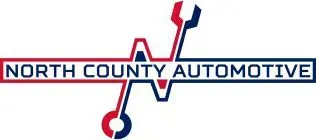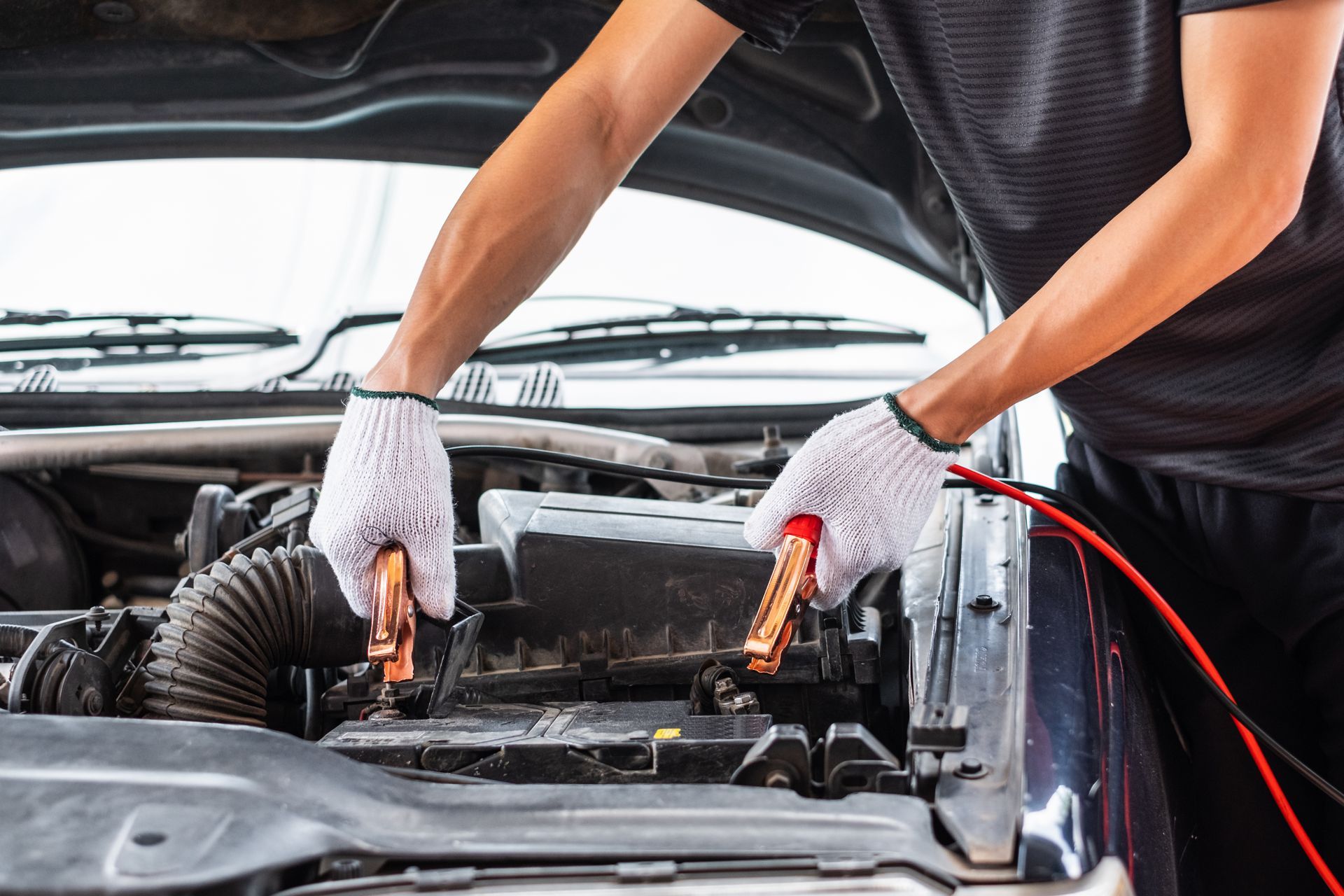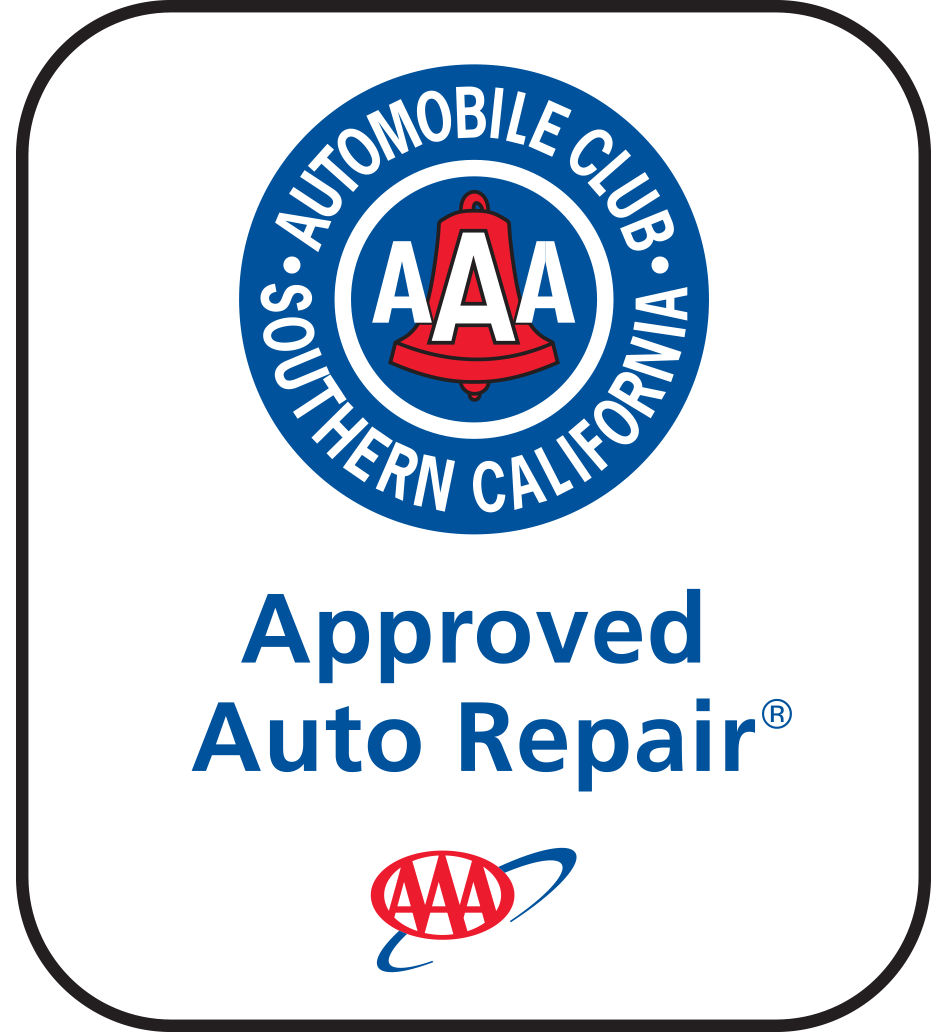The Importance of Regular Oil Changes: Protecting Your Engine for the Long Haul
When it comes to keeping your vehicle running smoothly for years to come, few maintenance tasks are as essential — or as easy to overlook — as regular oil changes. At North County Automotive, we see firsthand how timely oil changes can make a major difference in your car’s performance, efficiency, and overall lifespan. Here’s why sticking to your oil change schedule is one of the smartest investments you can make in your vehicle.
Why Oil Changes Matter
Your engine is made up of many moving parts, all working together at high speeds and temperatures. Motor oil serves as a vital lubricant, reducing friction and heat as these parts move. Over time, however, oil breaks down and becomes contaminated with dirt, metal particles, and combustion byproducts. As oil degrades, it loses its ability to properly lubricate and protect the engine.
Without clean oil, the metal components in your engine can grind together, leading to increased wear, decreased efficiency, and even serious engine damage.
Benefits of Regular Oil Changes
1. Preventing Engine Wear and Damage
Fresh, clean oil creates a protective barrier between moving parts, minimizing metal-to-metal contact. Regular oil changes ensure that contaminants are flushed out before they can cause internal damage. Preventing wear today helps you avoid expensive repairs tomorrow.
2. Improving Fuel Efficiency
When your engine is properly lubricated, it doesn’t have to work as hard. This means better fuel economy. Dirty or old oil thickens over time, making your engine less efficient and causing it to burn more gas. Keeping up with oil changes helps your car operate at peak performance and saves you money at the pump.
3. Extending Engine Life
An engine that runs with clean, effective oil simply lasts longer. Routine oil changes reduce internal wear, manage engine temperatures more effectively, and prevent buildup that could shorten your engine’s life. For drivers who want to get the most mileage out of their vehicles, oil changes are a critical maintenance habit.
4. Maintaining Warranty Coverage
Many new car warranties require proof of regular maintenance, including oil changes. Missing scheduled oil changes could void parts of your warranty. Sticking to a routine maintenance plan protects not just your vehicle but also your investment.
How Often Should You Change Your Oil?
The right oil change interval can vary depending on your vehicle’s make and model, the type of oil used, and your driving habits. As a general rule:
- Conventional oil: Every 3,000–5,000 miles
- Synthetic oil: Every 5,000–7,500 miles (or sometimes longer)
If you frequently drive in heavy traffic, take short trips, or operate your vehicle in hot or dusty conditions (like we often see here in North County San Diego), you might need more frequent oil changes. When in doubt, check your owner’s manual or ask one of our technicians for personalized advice.
Signs You Might Be Overdue for an Oil Change
Even if you haven’t hit your scheduled mileage, certain signs can indicate that your oil needs attention:
- The oil change or maintenance light is on
- You hear louder-than-normal engine noise
- The oil looks dark, dirty, or gritty
- Your engine feels like it’s running rougher or less efficiently
- You smell
oil or burning odors while driving
If you notice any of these warning signs, it’s time to stop by for a quick inspection.
Protect Your Vehicle with Expert Oil Changes at North County Automotive
Keeping up with oil changes is one of the simplest and most affordable ways to extend the life of your car and avoid costly engine repairs. At North County Automotive, we offer fast, professional oil change services using high-quality oils and filters to keep your engine running like new.



